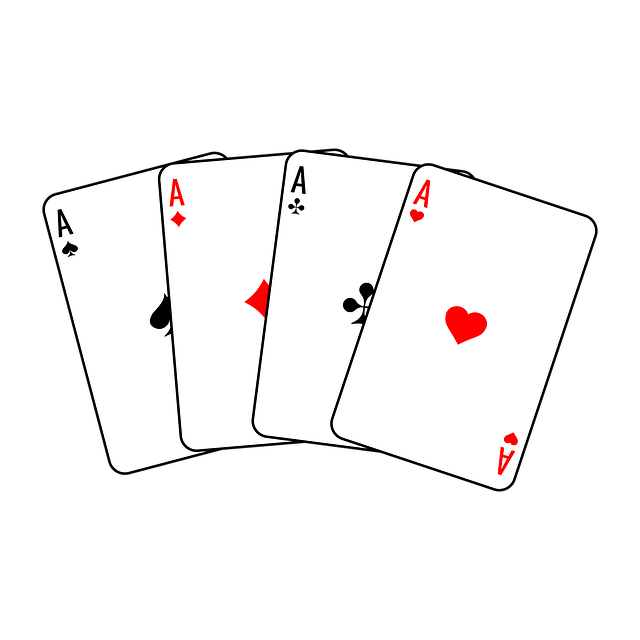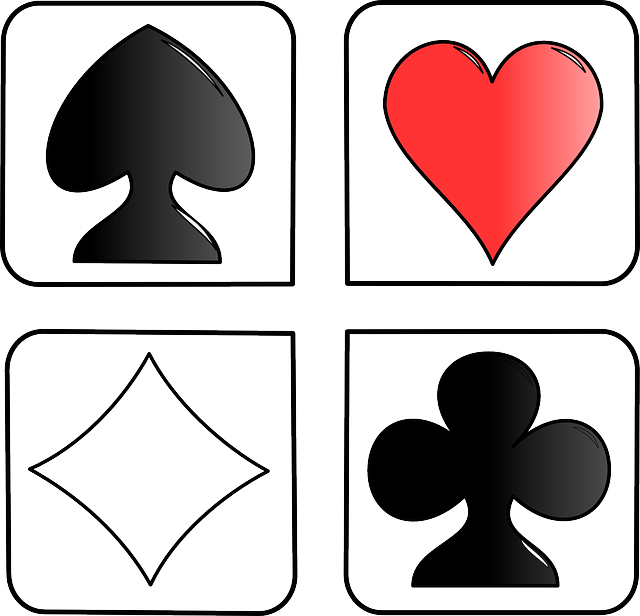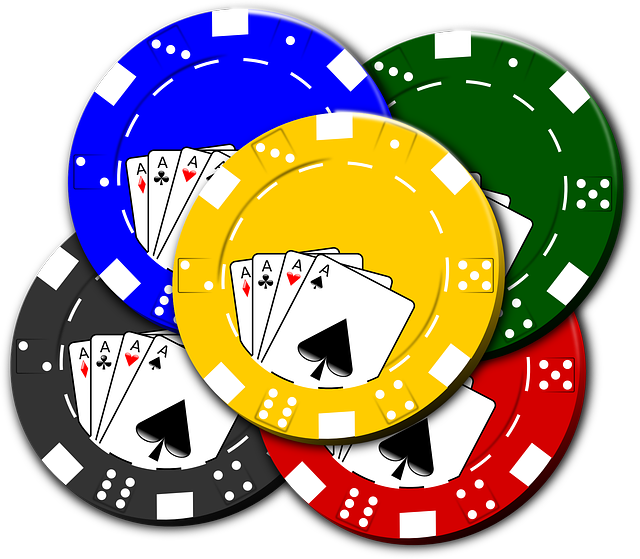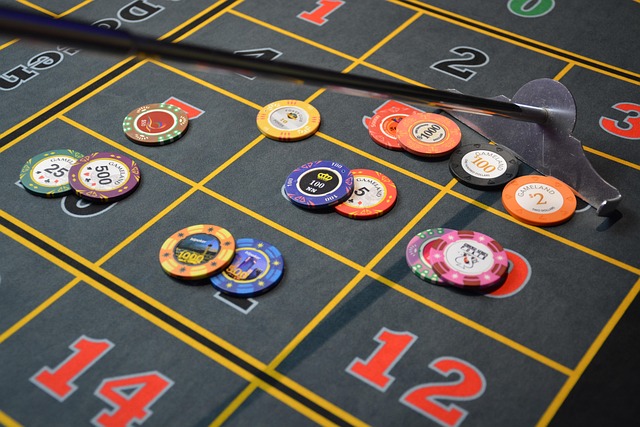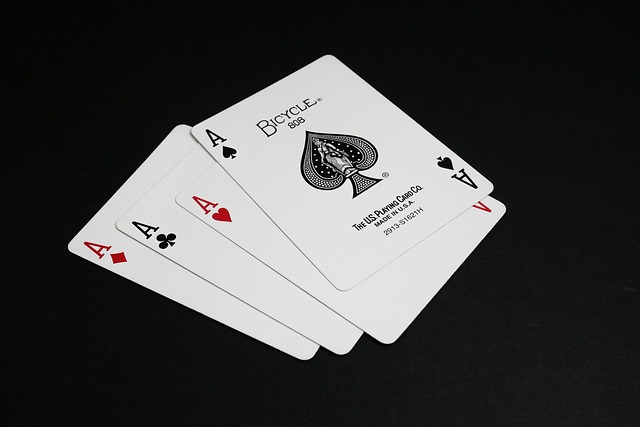poker is a strategic card game combining skill, strategy, and luck. Master the basic rules, understand hand rankings from High Card to Royal Flush, and learn betting strategies like calling, raising, or folding. Adopt a strategic mindset, study opponent tells, balance risk and reward, improve math skills for odds calculation, track performance, and use software tools for analysis. Learn these techniques outlined in our "How to Play Poker" guide to elevate your gameplay.
poker is a captivating game that blends skill, strategy, and a touch of luck. To master it, you must first grasp the basics: rules, objectives, and hand rankings. This guide will take you through the fundamentals of poker, equipping you with the knowledge needed to navigate the table confidently. We’ll explore strategic techniques and insights, offering practical advice on improving your game. By understanding how poker works, you’ll be well-prepared to apply these concepts and enhance your skills, making every hand a calculated risk.
- Understanding the Basics of Poker: Rules and Objective
- Poker Hand Rankings: Knowing Your Strengths
- Strategies and Techniques to Improve Your Poker Game
Understanding the Basics of Poker: Rules and Objective

Poker is a game that combines skill, strategy, and a touch of luck. To grasp how to play poker, understanding its basic rules and objective is essential. The aim is simple: outwit your opponents by forming the best possible hand according to the standard poker hierarchy. This hierarchy ranges from high cards (2 through Ace) to specific combinations like pairs, three-of-a-kind, straight, flush, full house, and royal flush—each with its unique ranking.
The game is typically played with a standard 52-card deck, sometimes supplemented by jokers. Players are dealt a certain number of cards, usually two or more, depending on the variant. From there, they combine their hole cards (face-down cards) with community cards (face-up cards laid out on the table) to form the best possible five-card hand. Bet rounds facilitate this strategic dance, allowing players to either call, raise, or fold based on the strength of their hands and the game’s dynamics.
Poker Hand Rankings: Knowing Your Strengths

In poker, understanding hand rankings is crucial for any player aiming to master the game. Knowing the hierarchy of hands gives you an edge at the table and helps you make informed decisions based on your cards. The standard poker hand ranking goes as follows: High Card, One Pair, Two Pairs, Three of a Kind, Straight, Flush, Full House, Four of a Kind, Straight Flush, and Royal Flush—each with its own level of strength and strategic value.
By familiarizing yourself with these rankings, you can quickly assess the power of your hand during gameplay. This knowledge allows you to bluff effectively or know when to fold, depending on your opponent’s cards and betting patterns. Whether you’re a beginner or an experienced player, keeping track of hand rankings is a fundamental step in learning how to play poker successfully.
Strategies and Techniques to Improve Your Poker Game

To elevate your poker game, a strategic approach is key. Begin by understanding hand rankings – knowing which combinations are strongest is fundamental. Focus on position; playing from late positions offers an advantage as you get to see how others act first. Study your opponents’ tells – subtle physical cues can reveal their hand strength. Bluffing effectively involves balancing risk and reward, using it sparingly yet skillfully.
Practice math skills to calculate odds and pot probabilities. This helps in making informed decisions, especially when deciding whether to call, raise, or fold. Keep notes on your games, tracking wins, losses, and patterns in play. Software tools can aid in this analysis, offering insights into your strengths and weaknesses. Regularly challenging yourself against diverse opponents will sharpen your skills, so seek out varied game scenarios to become a versatile poker player.
Poker is a captivating game that requires skill, strategy, and a bit of luck. By understanding the basic rules, familiarizing yourself with hand rankings, and mastering various techniques, you can enhance your poker game significantly. Remember, practice makes perfect; keep playing and refining your strategies to become a master at How to Play Poker. These steps will not only improve your chances of winning but also ensure an enjoyable and engaging experience in the world of poker.
